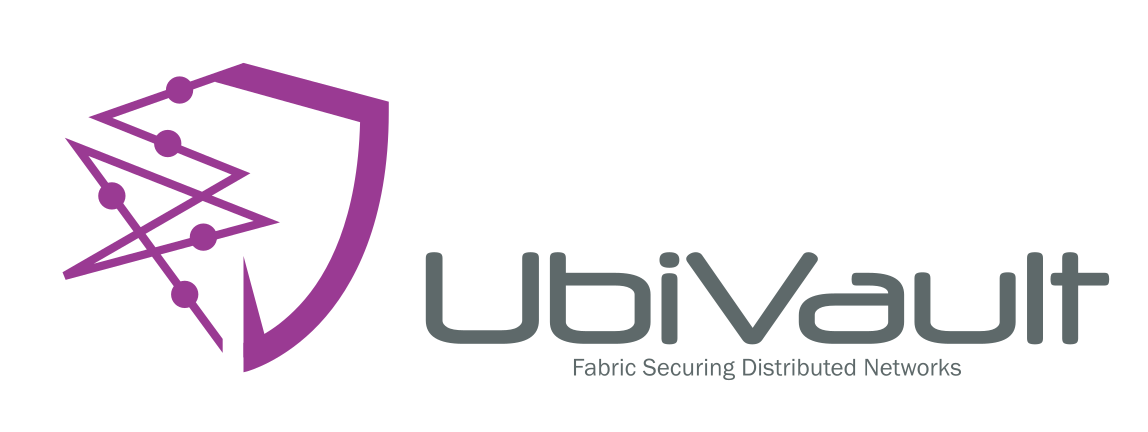Moving towards Blockchain Solutions - Healthcare
With exception of speculation on cryptocurrency and tokens aside, the blockchain revolution has triggered two movements of great import: 1) distributed ledger systems (DLT), and 2) npn-centralized transaction validation in a peer-to-peer world. Both are in their infancy.
The major changes ahead depend on a third revolution in distributed data management, only part of which relies on the blockchain. We are agnostic as to the blockchain technology used, instead adding value by optimizing performance and security through a primarily off-blockchain data processes that create a new kind of secure, redundant data management system. This is what Ubivault Fabric elegantly accomplishes - now - by storing, analyzing and sharing data off-the-blockchain. OurFabric interoperates with whichever blockchain you select through its API, with blockchains and smart contracts only carrying encrypted pointers that point to the actual data in the ultra-secure Ubivault Fabric Data Management System.
This hybrid of blockchain and our fabric data management ensures privacy of data shared over the open web. Whether patient records and images shared between clinics, specialists and hospitals, or researchers working with data federated among hundreds of institutions, every resquest and action is stored in the system using multiple layers of authentication.
Like blockchains, Ubivault Fabric is a distributed computing system. The Fabric securely connects any number of nodes, each of which can store a secure, compressed, extract of its local data. A query from any node by an authenticated user can extract or analyze data from any combination of nodes - without aggregation. Moreover, Ubivault's online collaboration tools make discussions easy among providers or researchers.
A more in depth review of how UbiVault enables secure communications in Healthcare.
